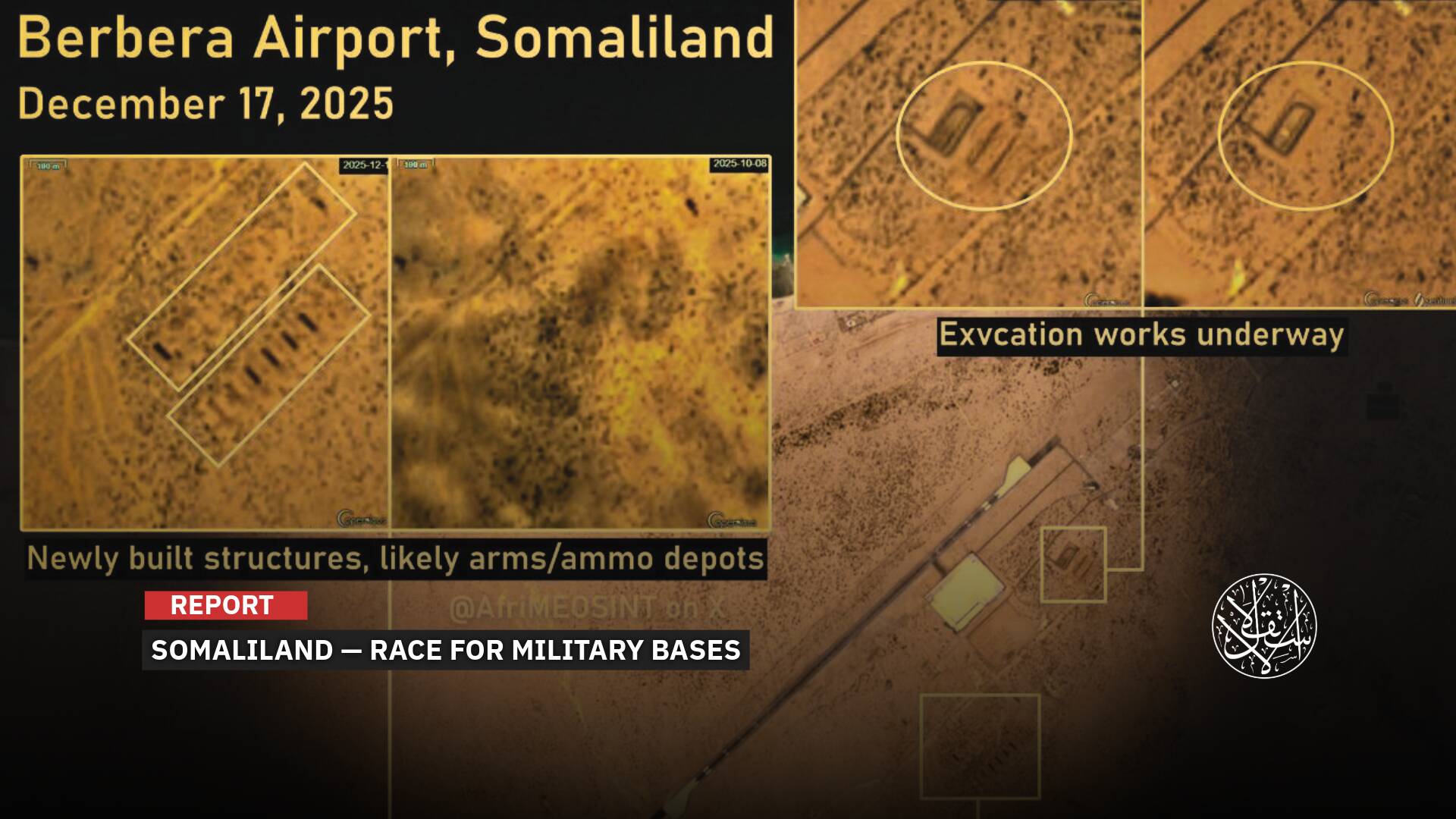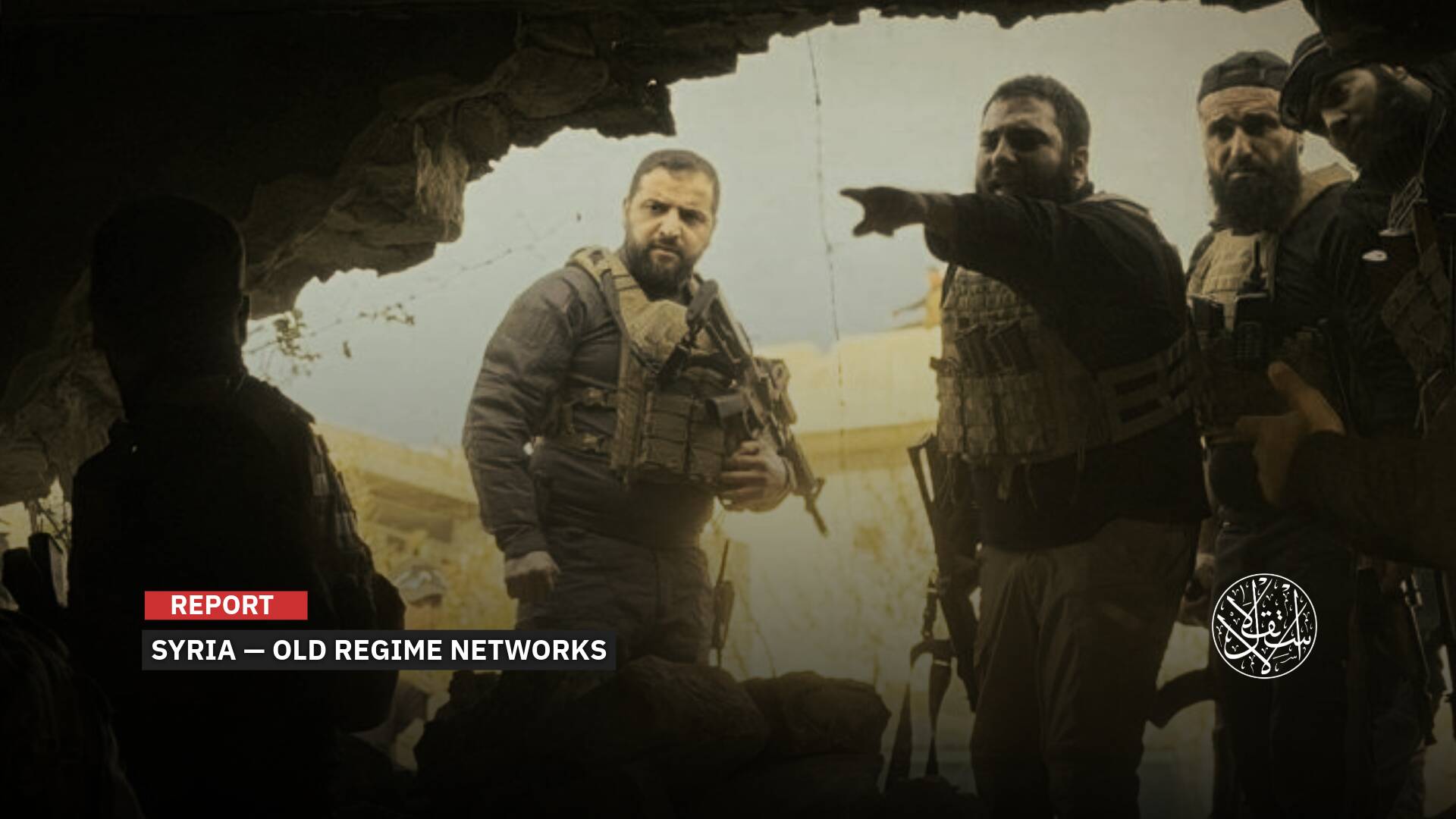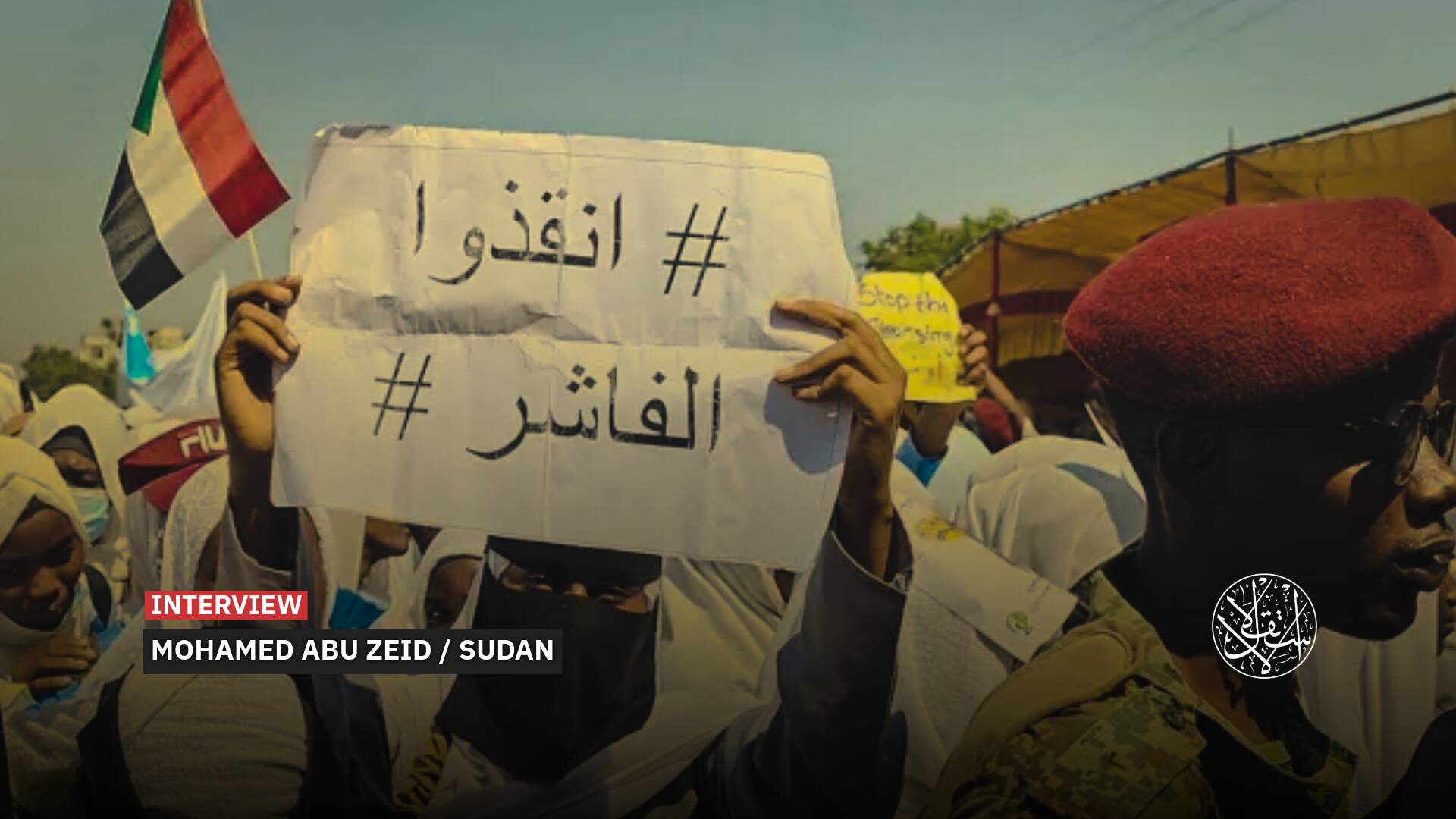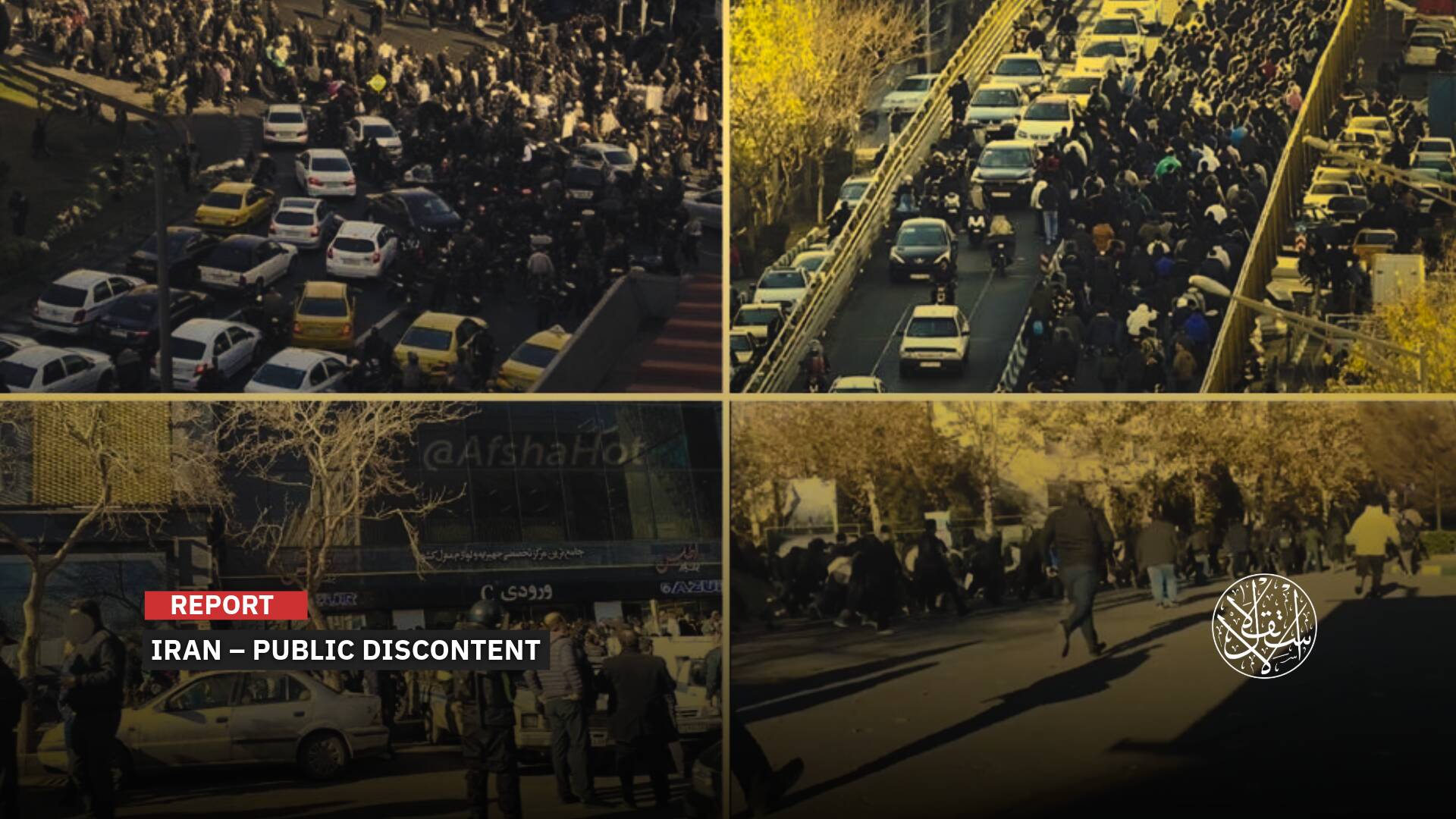Failure in Khan Younis: Story Behind Israeli 98th Division Leading Lebanon Invasion

“Unfortunately, we suffered heavy losses that are not easily overcome.”
On October 2, 2024, Hebrew media reported a significant incident involving numerous casualties among the Israeli Occupation army during clashes with Hezbollah in the initial, ultimately failed, attempts to penetrate southern Lebanon.
Israeli Channel 12 reported the deaths of eight officers and soldiers from the elite Egoz commando unit of the 98th Division, with 35 others injured amid ongoing fighting in southern Lebanon.
The Israeli Occupation army claimed earlier in October that the 98th Division had advanced into southern Lebanon, comprising commando troops, paratroopers, and armored units from Brigade 7 prepared for weeks for a ground invasion.
What is the true nature of this “elite” division within the Israeli Occupation army? How did it shape the recent Israeli assault on Gaza? And what does its military history reveal about its capabilities?
‘Fire Formation’
The 98th Division, known as the Fire Formation or Paratroopers Division, is an infantry division of the Israeli army, specializing in airborne assaults via helicopters or transport aircraft and in deep attacks within “enemy territory.”
The division is made up of several units, including: 35th Paratroopers Brigade, 55th Paratroopers Brigade “Hod Ha-Hanit/Spearhead,” 89th Commando Brigade “Oz/Courage,” and 551st Paratroopers Brigade “Hetzei HaEsch/Arrows of Fire.”
There is also Unit 5515, which specializes in the transport and rescue of special forces using vehicles in challenging terrain and complex operational situations.
The division also includes the airborne anti-aircraft Unit 7289, part of the artillery corps known as the “David's Sling,” and the “Lapid Battalion,” responsible for technology, information, and communications.

Background
The 98th Division was established in 1974 as part of a plan to develop and restructure the Israeli Occupation army following its defeat during the Ramadan War on October 6, 1973, known in “Israel” as the “Yom Kippur War,” at the hands of Egyptian and Syrian forces.
The division's first commander was Colonel Dan Shomron, who also led the special operations unit known as “The Force of Rock.” He later became the 13th Chief of Staff of the Israeli Occupation army.
The first major conflict the 98th Division participated in was the First Lebanon War 1982, known to Israelis as “Operation Peace for the Galilee,” which lasted from June 6 to September 29, 1982. During this time, the Israeli Occupation army deployed seven divisions into Lebanon and two in the Golan Heights against Syria, with the 98th Division fighting on both fronts.
The division was tasked with severing the formations of Liwa el-Qalaa, affiliated with the Palestine Liberation Organization, from their base in Beirut.
Disappointing Outcomes
The division's forces advanced northward to the Damour area, completing the encirclement of Sidon and “successfully” besieging Beirut.
The immediate consequences of the First Lebanon War included the relocation of the Palestine Liberation Organization's headquarters to Tunisia and the dismantling of most of the military strength of Palestinian organizations. However, the Israeli Occupation army failed to expel Syrian forces from Lebanon.
The most significant outcome of the war was the establishment of Hezbollah, led by Abbas al-Musawi, which filled the power vacuum in southern Lebanon following the departure of Palestinian forces.
The Israeli Occupation army suffered substantial losses during this conflict, with 655 soldiers killed, the majority of whom were from the 98th Division. The war, its objectives, and its divisions faced intense criticism within Israeli decision-making circles.

A Catastrophic Defeat
The Second Lebanon War, which erupted from July 12 to August 14, 2006, marks a dark chapter in the history of the 98th Division.
During the war, units from the 98th Division, led by General Eyal Eisenberg, participated in a ground and naval invasion of southern Lebanon.
While fighting in the southern suburbs, Hezbollah fighters laid a well-planned ambush for division personnel, resulting in the deaths of nine officers and soldiers and wounding dozens more.
The division also engaged in vertical encirclement operations and airborne drops deep into Lebanon along the Litani River. However, these missions were unsuccessful, as Hezbollah units managed to shoot down a Yasur helicopter.
Consequently, Division Commander Eisenberg and Northern Command Chief Udi Adam decided to halt the operation immediately. The division's special forces then conducted a joint operation to rescue the trapped troops.

The Winograd Commission
Following the defeats and losses suffered by the division in Lebanon, Eisenberg continued to lead for another year after the war until he was dismissed.
The division's performance was criticized in the Winograd Report, established by the government in the wake of the war due to public pressure to investigate the reasons for the failure.
The 500-page report identified the 98th Division as a key factor in failing to achieve the objectives of the military operation.
With the ousting of Division Commander Eyal Eisenberg, then-Chief of Staff Dan Halutz resigned, along with War Minister Amir Peretz.
After the report's release, families of fallen soldiers, together with the Movement for Quality Government, held protests outside the Supreme Court and the Prime Minister's Office in Occupied Jerusalem, calling for the resignation of then-Prime Minister Ehud Olmert.

Gaza War
The role of the 98th Division in committing massacres against civilians during the ongoing Israeli assault on Gaza, since October 7, 2023, cannot be overlooked.
This division was among the units tasked with ground incursions, committing massacres against civilians, and engaging with Hamas Brigades and other Palestinian resistance groups in Gaza.
Fighting in the Khan Younis area for several months, the division suffered significant losses in both equipment and personnel during intense counterattacks from Hamas's Khan Younis Brigade.
The division committed several war crimes during its aggression, notably bombing al-Nasser Hospital in Khan Younis on February 18, 2024, to deliberately kill numerous civilians and patients and injure many other innocents, including babies.
On May 10, the Israeli 98th Division committed another war crime when it invaded the Jabalia refugee camp in northern Gaza, killing refugees and displaced residents of the Strip.
However, the division did not escape the traps set by the Palestinian Resistance, which retaliated on May 15 by killing 20 of its soldiers in a bomb explosion at a building in Jabalia.

On March 13, 2024, then-commander of the 98th Division, Dan Goldfus, delivered a speech addressing the Israeli government leadership, stating,”you must be worthy of us; you must be worthy of those soldiers who sacrificed their lives.”
His remarks angered Israeli officials, prompting Chief of Staff Herzi Halevi to summon Goldfus for questioning and reprimand him severely.
On July 31, 2024, a new commander, Colonel Guy Levy, was appointed to the 98th Division. In his inauguration speech, he declared, “We will work with determination to restore the trust that was broken on that cursed day,”referring to Operation al-Aqsa Flood.
“Unfortunately, amidst the battle, we suffered heavy losses that are not easily overcome,” as quoted by “Israel Defense Forces” website.
Sources
- Ahead of the Invasion: The Israeli Army Claims Initiation of Activities in Southern Lebanon [Arabic]
- Brigadier General Guy Levy Assumed Command of the Fire Formation [Hebrew]
- 98th Division, Israel's Special Forces, Launches Assault and Engages in Combat in the Heart of Khan Younis [Arabic]
- Israeli Army Announces the Death of 8 Officers and Soldiers from the Commando Unit in Southern Lebanon [Arabic]
- The Prime Minister issued an order to stop progress [Hebrew]











